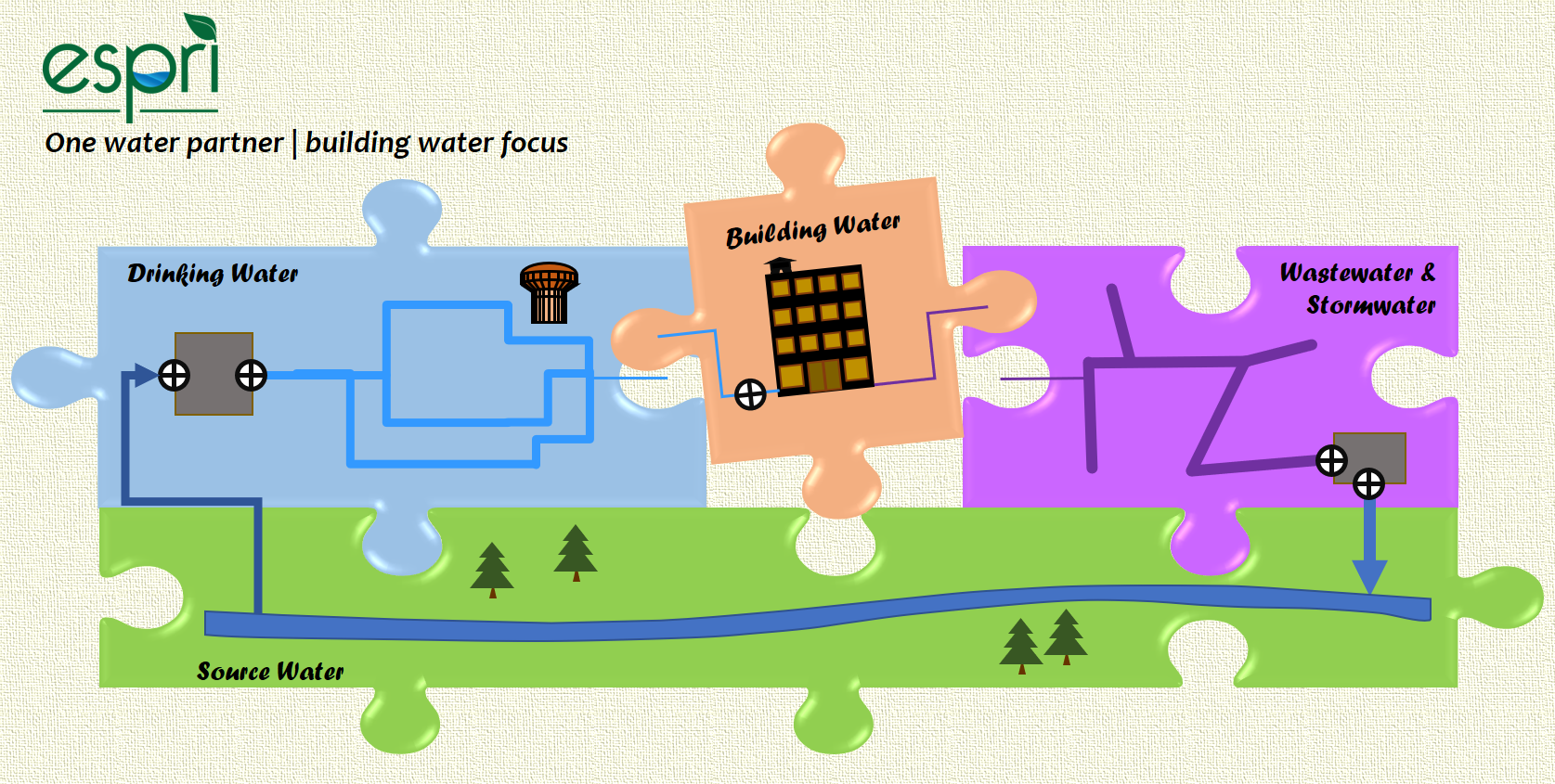
The Environmental Science, Policy, and Research Institute (ESPRI) is now part of the IAPMO family, enhancing our research capabilities and commitment to public health. ESPRI is a nonprofit research organization dedicated to developing best practices for building water systems — from multifamily residences and hospitals to office buildings and schools. It connects institutions focused solely on drinking water, wastewater, or stormwater by integrating building water systems into the broader water cycle. Through collaboration with water utilities, regulators, building owners, and occupants, ESPRI works to ensure water remains safe all the way to the tap.
Now integrated within IAPMO's Technical Services and Research team, ESPRI supports innovation and evidence-based policy through IAPMO's Innovation and Research Fund — furthering our shared mission of protecting public health and ensuring a safer, more sustainable built environment.


